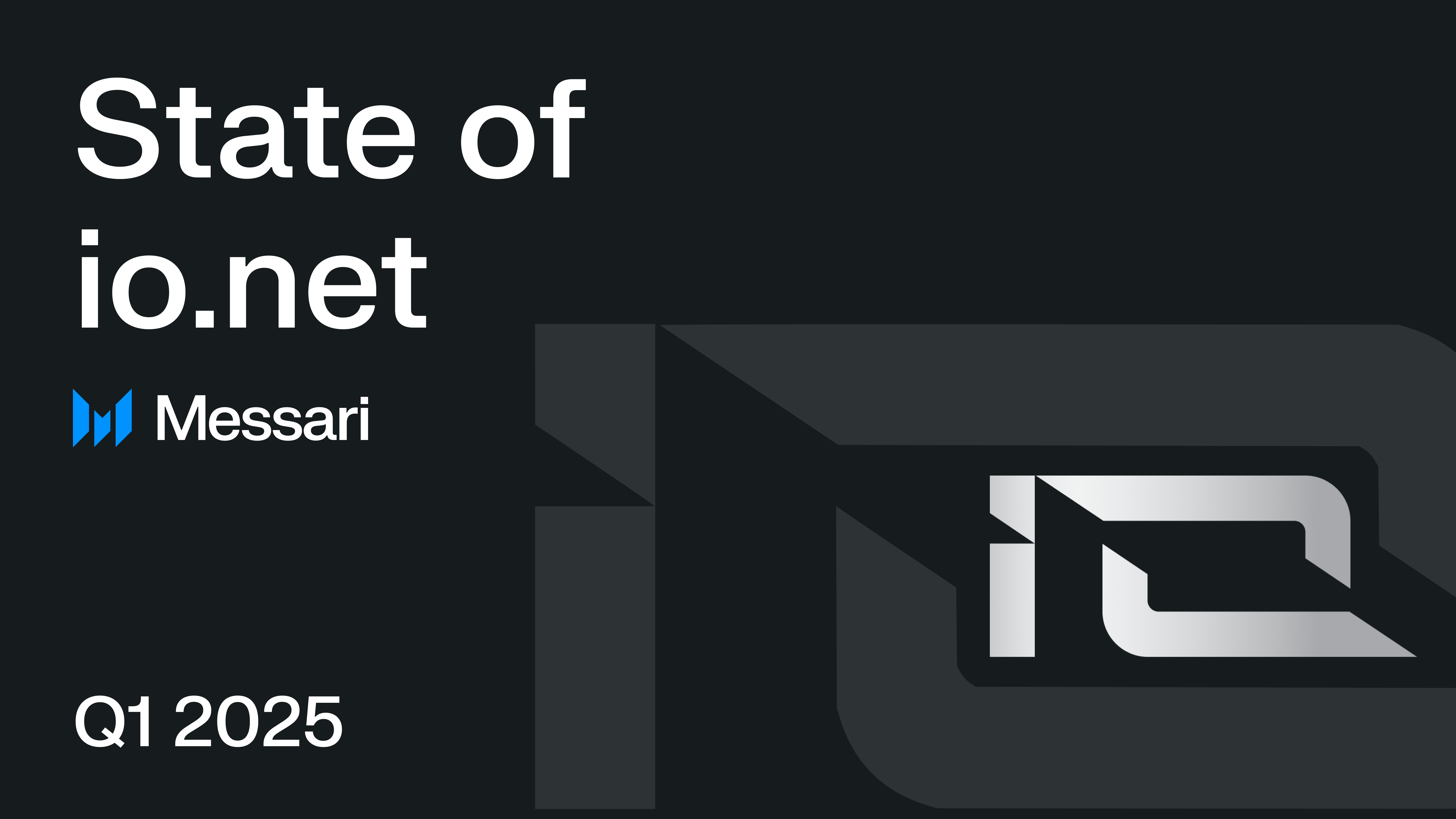Network3 Announces New Local Large Language Model (LLM) Feature

Network3, an AI Layer2 platform for global artificial intelligence developers, recently unveiled its latest innovation at the R3al World Summit in Singapore. The new Local Large Language Model (LLM) feature is designed to enhance the efficiency and performance of Edge AI technology. Edge AI involves deploying AI models directly on local devices like smartphones, bringing data processing closer to the source to improve application performance and reduce latency. The global Edge AI market is projected to exceed $269 billion in the next eight years, highlighting the growing significance of this technology.
Transforming Smart Devices into AI Training Assets
With a focus on making Web3 & AI technologies accessible, Network3 integrates DePIN with AI to enable IoT devices to train small AI models. By leveraging idle resources on smart devices, individuals can participate in AI training and earn rewards. The introduction of the local LLM feature aims to optimize smart devices’ processing capabilities during idle times, reducing reliance on cloud computing, cutting down bandwidth usage, and enhancing data security and privacy. Network3, with over 320,000 active nodes globally, recently launched the N3 Edge V1 mining device, offering dual mining capabilities for IoTeX and Network3 tokens.
Offering AI Chat Services on Mobile Devices
Network3’s latest update allows users to access AI chat services on their mobile devices without the need for expensive cloud infrastructure. A test version of the update will be available for download on the official website soon, providing users with the opportunity to interact with the model, earn tokens, and personalize their AI experience.
Related News





